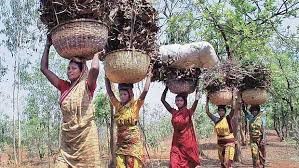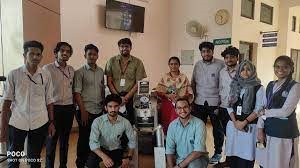Is a caste census desirable?
Is a caste census desirable? With the 2021 Census coming up, several political parties have demanded a nationwide caste census. What is Caste Census? Every Census in independent India from 1951 to 2011 has published data on Scheduled Castes and Scheduled Tribes, but not on other castes. Before that, every Census until 1931 had […]
Is a caste census desirable? Read More »

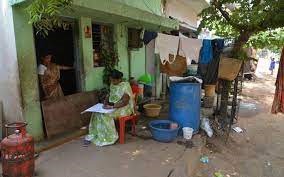
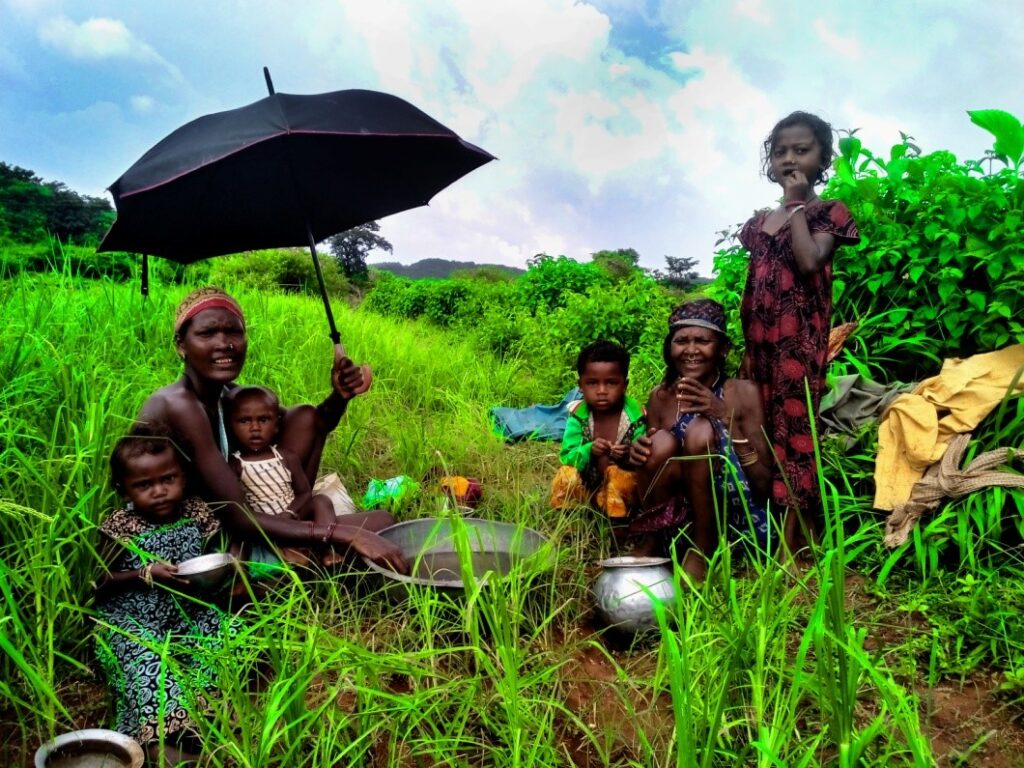

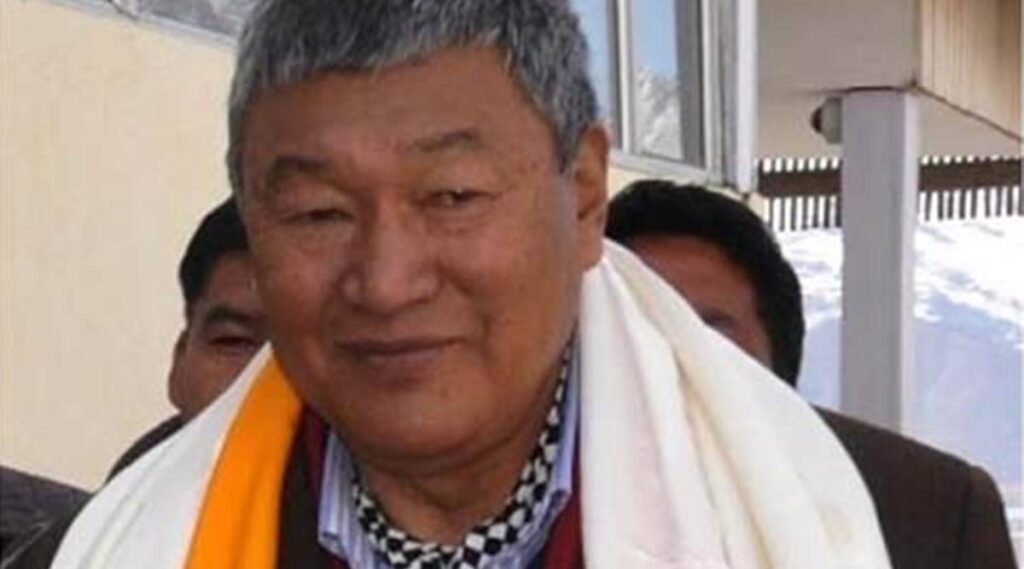
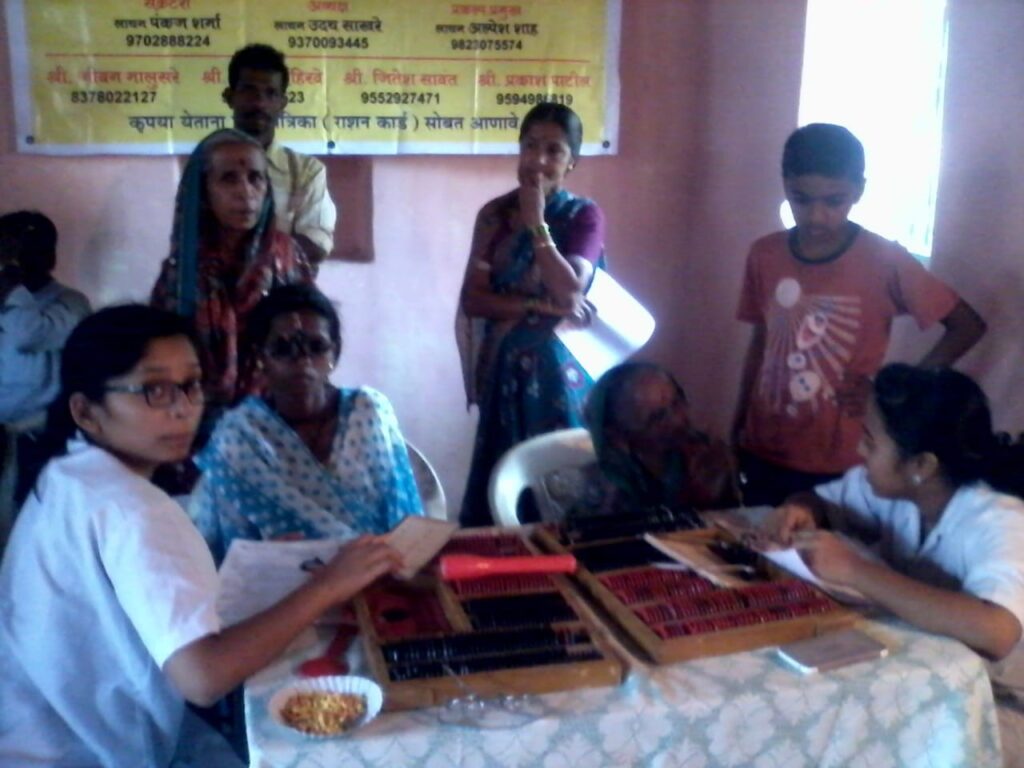
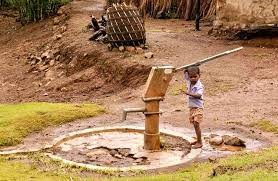
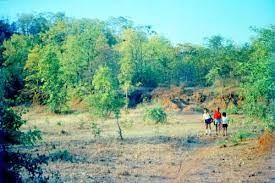
![When Kinship Is Traced Through Women, Their Health Follows A study finds that there may be health benefits when family ties are linked through mothers and women head households. Anthropologists have long been intrigued by the Mosuo, an ethnic Chinese community that lives in Yunnan province. The Mosuo share a common language and cultural practices, but they are unique in that they maintain what anthropologists call two different kinship systems: matriliny and patriliny. More specifically, inheritance passes from mothers to their children among the matrilineal Mosuo and from fathers to sons among patrilineal Mosuo. Globally, matriliny is less common than patriliny—and some societies now link inheritance and kinship through both parents. In general, women have greater autonomy and control of resources in matrilineal Mosuo communities. The reverse is true in patrilineal ones. This difference could be powerful. A study published last fall in the Proceedings of the National Academy of Sciences comparing the two Mosuo communities suggests cultural factors such as gender norms can significantly contribute to differences in men’s and women’s health. Their findings suggest that women’s health improves significantly in matrilineal communities. “This is an exceptionally cool study,” wrote Robert Quinlan, an anthropologist at Washington State University, in an email to SAPIENS. Quinlan, who did not participate in the work, added that the new findings show that “the way people think about kinship influences gender differences in chronic disease risks.” The new findings come from an interdisciplinary team, including anthropologists, biologists, and demographers from the United States and China who studied the Mosuo. he researchers compared men and women in the two groups for hypertension, a risk factor for numerous diseases, and checked their blood for a biomarker linked to chronic inflammation, which can lead to many health problems, including cardiovascular disease and Type 2 diabetes. According to the research team’s leader Siobhán Mattison, an evolutionary anthropologist at the University of New Mexico, she and her colleagues found no significant differences in these measures among men in the matrilineal and patrilineal groups. The situation for women, however, told a different story. In the patrilineal communities, women had a significantly higher prevalence of hypertension and the biomarker linked to inflammation than men. For example, 37.4 percent of these women had a higher prevalence of hypertension, compared with 29.7 percent of men. Women in these groups also had more than double the rate of inflammation compared with men. “The way people think about kinship influences gender differences in chronic disease risk,” says anthropologist Robert Quinlan. This pattern was reversed in the matrilineal communities. Women had lower rates than men for both the inflammation biomarker and hypertension, with much smaller differences between men and women overall. The researchers also studied whether being the head of a household—whether male or female—might relate to health. They found that heads of households had lower inflammation markers but a higher prevalence of hypertension than others in their society. Though the authors are unsure how to explain the elevated prevalence of hypertension, they note that household heads generally have more autonomy in their decision-making and better access to resources. Both factors could help reduce the likelihood of disease. These findings, Mattison notes, suggest that greater support and agency among the matrilineal Mosuo benefit women’s health. It’s also possible that having a woman head a household improves the health of other women and girls in that home. “Men aren’t doing worse, under matriliny, it’s just that women seem to be doing better,” she says. The new findings fit into a larger set of studies involving matriliny, patriliny, and patriarchy. Broadly, matriarchy and patriarchy are defined as systems related to power within a society—whereas matriliny and patriliny relate to issues of inheritance and determining kin. Many societies are both patriarchal and patrilineal, but many anthropologists doubt the existence of a true matriarchy today because, even in the matrilineal societies, men typically maintain powerful government and community roles. Christopher von Rueden, an anthropologist at the University of Richmond, who was not involved in the Mosuo study, notes that the new work suggests “matrilineal and patrilineal systems affect the psychology of women and men differently, particularly related to [a] sense of control and stress.” Past studies comparing matrilineal and patrilineal communities suggest something similar. For example, von Rueden cites a comparison of the patriarchal and patrilineal Maasai in Tanzania with the matrilineal Khasi in India. That work, published in 2009, suggests that men are more competitive than women in patriarchal communities and women are more competitive than men in matrilineal groups. And a 2019 study suggests that girls are less risk averse than boys in matrilineal Mosuo communities when they first enter school—but this pattern reverses over time as the students attend schools where most other pupils are part of the traditionally patriarchal Han ethnicity in China. The new study of Mosuo communities suggests having a woman head the household may benefit the health of other women and girls in that home. Visual China Group via Getty Images According to von Rueden, patrilineal and matrilineal families give men and women different opportunities for social networking, occupations, and levels of control within a household. It’s possible, he notes, that the new health-linked findings from the Mosuo reflect the fact that the women in matrilineal groups have more social support from their closest kin and that, more so than autonomy, supports health. There may also be differences in wealth in these kinship systems that contribute to the findings. Further study could clarify which of these factors is most powerful in understanding health and well-being outcomes in men and women. Katherine Wander, an anthropologist at Binghamton University and one of the study authors, hopes their work influences public health. “The current approach,” she argues of health interventions, “tends to treat women as though they’re rather lacking in social context.” And Quinlan noted an added lesson in the fact that the men in matrilineal and patrilineal communities had similar health outcomes. “Matriliny doesn’t reverse gender biases so that women dominate men,” he explained. “It seems to reduce inequality significantly for a healthier population overall, at least among Mosuo people.”-anthropology vishnu ias](https://vishnuias.com/wp-content/uploads/2021/08/When-Kinship-Is-Traced-Through-Women-Their-Health-Follows.jpg)
